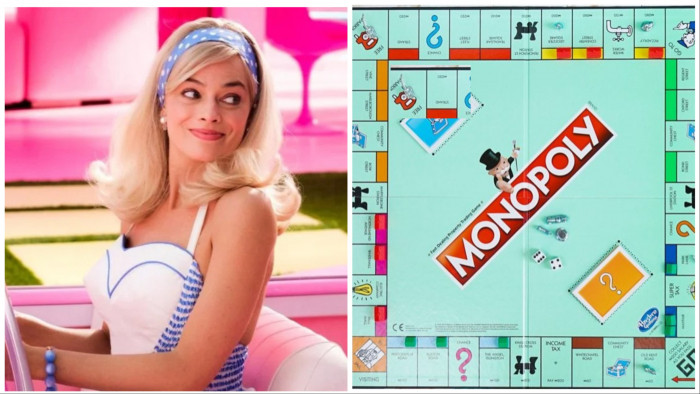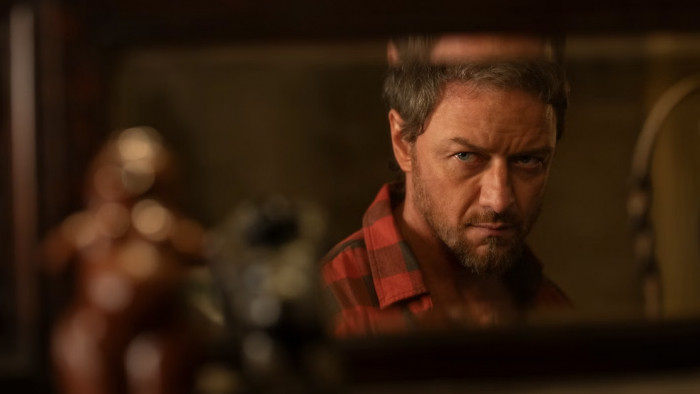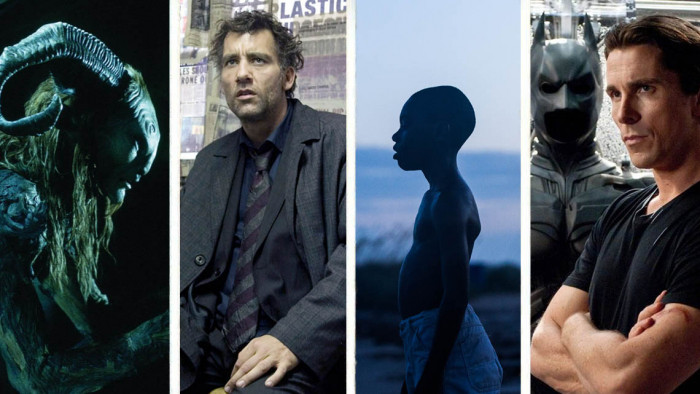This genius has worked out exactly how truthful these blockbuster Hollywood films were
"Based on a true story" – oh really?


Truth is more complicated than fiction, always. Real life just doesn’t have tidy endings, neatly contained casts of characters, clearly defined goodies and baddies or any kind of thematic consistency. Plus sometimes someone trips over during an important bit in a way they never do in films.
That’s why anything based on a true story tends to take at least a bit of artistic licence. A film based on the most dramatic events in your life might fudge the details a bit to make the stakes a little bit higher, change some people’s names so the entire supporting cast aren’t called Tim, compress the timeline a bit to make your journey a bit more compelling, or make it so that everyone in your life witnessed that important climactic breakthrough moment rather than some of your friends not knowing one another or whatever.
How much artistic licence is too much, though? When does something that begins life based on a true story become a work of fiction? At what point is it just a film that has some real people’s names in it? When do decisions made for the purpose of drama end up distorting something so much that it bears minimal resemblance to true events?
It would be obvious if the changes were ridiculous ones designed to appeal to mass audiences – making Martin Luther King an android, having Alan Turing crack the Enigma code while skateboarding gnarlily down a railing, Philomena using a fidget spinner to find out how her son died – but they tend to be more subtle than that.
Designer and creative director David McCandless, creator of Information Is Beautiful, found himself wondering just how much creative licence was being taken.
“I love movies,” he tells ShortList. “But I hate being conned. I watched, enjoyed and was moved by The Imitation Game and immediately went online to find out more about this amazing story, only to find that it was a terrible travesty of the historical record and even of Turing’s character – he was definitely not some anti-social autistic nerd. This got me fired up to investigate other Hollywood “true” stories, especially those based on important historical events.”
So McCandless got to work on the project that became Based On A *True* True Story?, a ludicrously in-depth look at the minute-by-minute accuracy of Hollywood films, beautifully and interactively presented.
“A team of us broke down, watched and researched each film scene-by-scene, beat-by-beat to see how true this stuff was,” he says. Their overall findings are here – dark blue is super accurate, dark pink is the most inaccurate – but the full site can be gone through minute-by-minute and is really fascinating (the findings are also available in Google Sheet form if you are a lunatic).

The research team spent months on the project and found a huge range in the accuracy of films, finding Selma to be an impressive 100% accurate (or rather, 0% lies) to reality (“This movie painstakingly recreates events as they happened, and takes care to include everybody who was involved, which explains the larger-than-usual-for-Hollywood cast”) while the aforementioned The Imitation Game rates at a paltry 41.4% (“This film just rips the historical record to shreds”).
“The biggest stand out for me was how true The Big Short was,” says McCandless. “Outrageous! Everyone should see that film to understand what caused the financial crisis and who was responsible. I was also surprised how much of The Social Network was accurate, bar some amplified conflicts and motivations.”
Also interesting to look at is how much more pink there seems to be in the second half of things. Presumably that’s due to narrative requirements – you can spend the beginning of a film following separate characters on their journeys, so can presumably stay fairly accurate, but then bringing everything to a satisfying Hollywood whizz-bang conclusion (with a race against the clock, or a punch-up, or a profoundly moving speech) requires truth-stretching and porky pies.
Either way, this is an always-welcome reminder to treat everything you see in the movies with a pinch of salt. Who knows, that might even be why they sprinkle the stuff on popcorn…
(Pic: Getty)
Latest
Related Reviews and Shortlists









